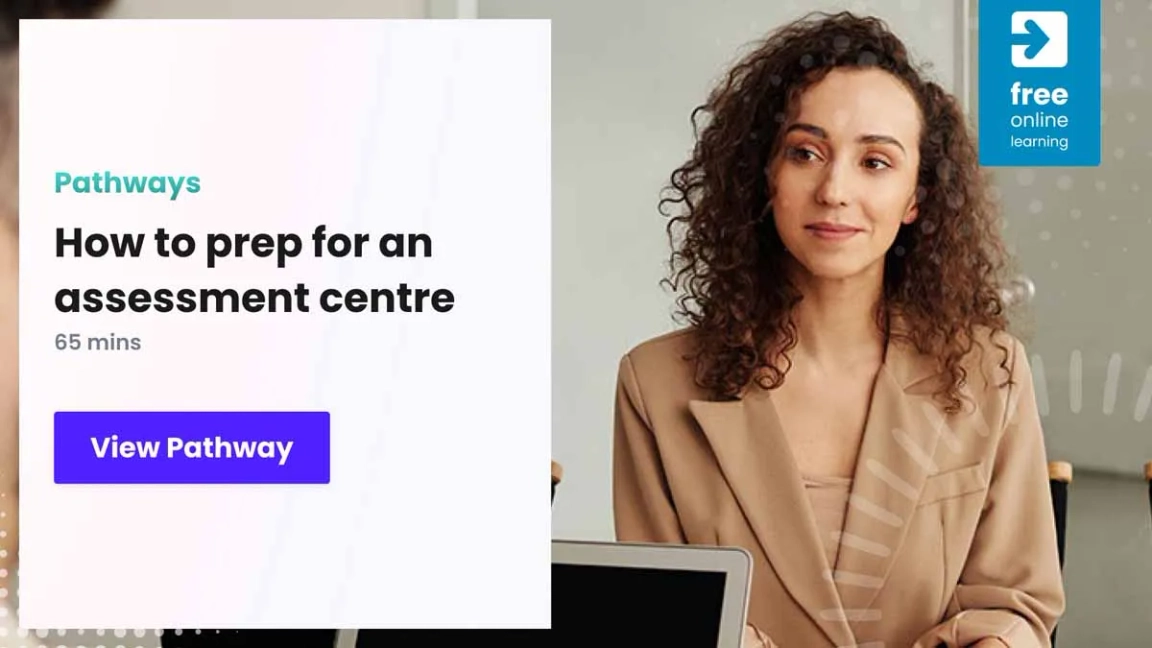Interviews and assessment centres
How to boost your confidence
22 Jun 2023, 13:19
Ways to help you minimise the stress and maximise your performance on the day.

gradireland Editorial advice
This describes editorially independent and impartial content, which has been written and edited by the gradireland content team. Any external contributors featuring in the article are in line with our non-advertorial policy, by which we mean that we do not promote one organisation over another.


